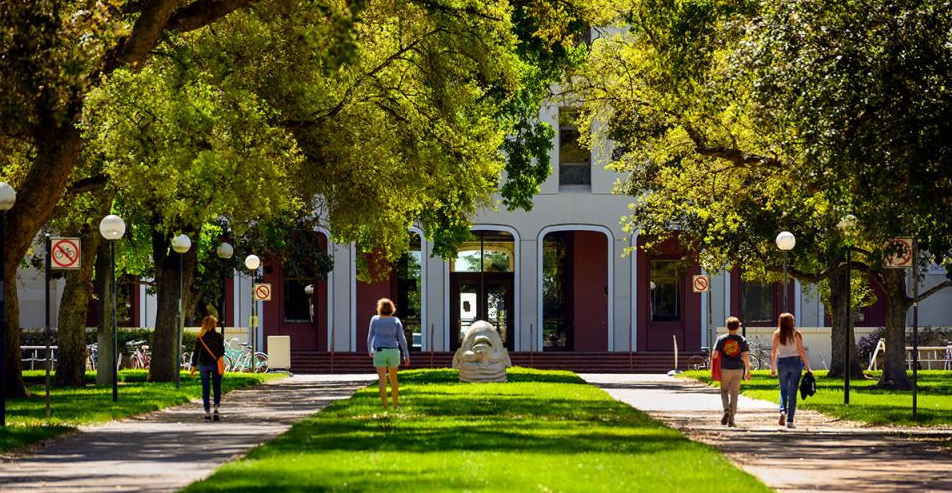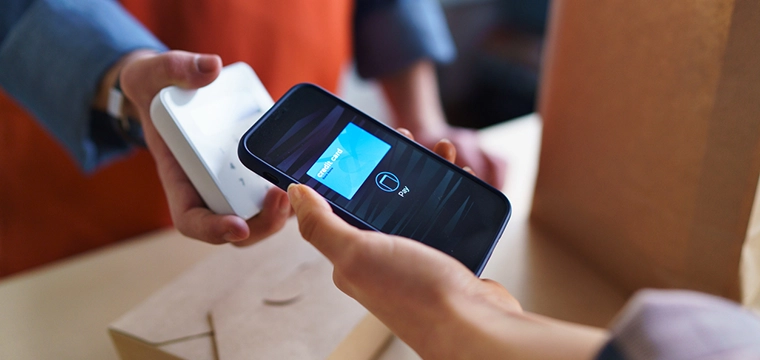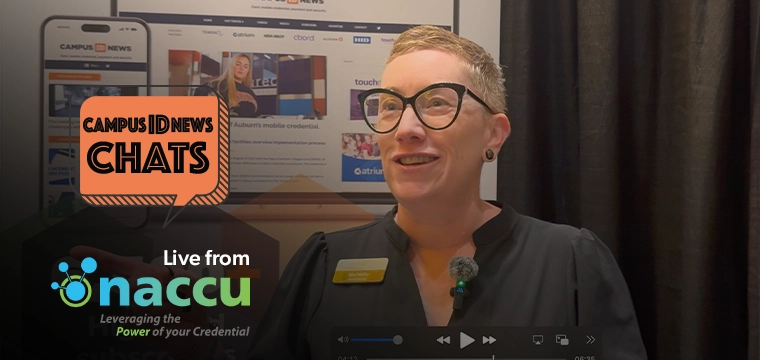
The University of California, Davis, has added a new precautionary measure in its fight against coronavirus, encouraging students, staff, faculty and the larger Davis community to use the California COVID Notify app. The California COVID Notify app is being piloted at universities across the state for digital tracking and automated notification of potential exposure to the virus.
According to an official university release, the app leverages smartphones to inform users when they may have been in close proximity to an individual with COVID-19, and whether for a long enough period of time to be at risk of exposure. The app never tracks locations, and users are never identified.
UC Davis joins six other University of California campuses in the California COVID Notify pilot. The pilot is being conducted in partnership with the state of California, which is evaluating whether to make the app available statewide. Michigan State University recently participated in a similar state-run notification app initiative.
“If used widely enough, California COVID Notify represents a game-changer in how we fight this virus in California," says David Lubarsky, vice chancellor of Human Health Sciences and CEO of UC Davis Health. “It supplements contact tracing work and can dramatically reduce the spread of COVID-19, keeping our colleagues, families and friends, as well as ourselves, safer and healthier.”
California COVID Notify uses Exposure Notification Express mobile technology from Google and Apple. The technology relies on Bluetooth keys shared between smartphones using Android or iOS operating systems.
Android users who elect to participate must download the California COVID Notify app, while iOS 14.2 or later users can simply activate app from their iPhone settings. When the app is activated, phones start broadcasting randomly generated and anonymous keys that change every 10 to 20 minutes.
When another phone using California COVID Notify is nearby, both phones will remember each other’s keys and the amount of time that the phones were near each other — but not the users’ identities or locations, which are never collected.
If a California COVID Notify user tests positive for the virus, they can voluntarily input that information into the app using a code provided by their participating health care provider. The system would then match up that user’s phone with close contacts it has had with other users' phones over the previous 14 days and then notify those users of the potential exposure.
The alerts come with instructions for next steps which may include symptom monitoring, self-isolation, getting tested or having users contact their public health departments.
The state Department of Public Health launched the California COVID Notify pilot in mid-September at UC San Diego and UC San Francisco, with total app downloads for both of those locations reaching 20,000 and counting.




